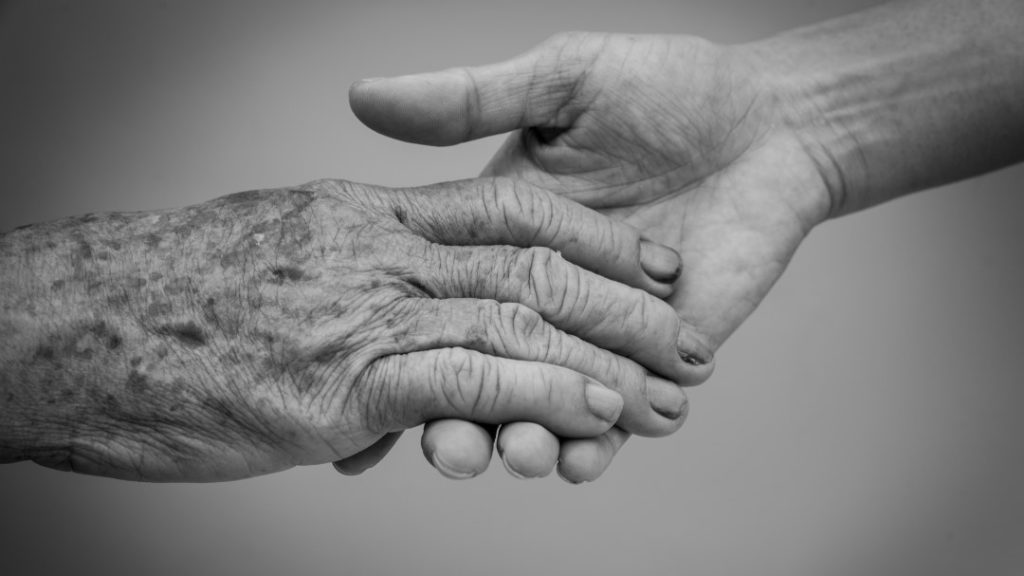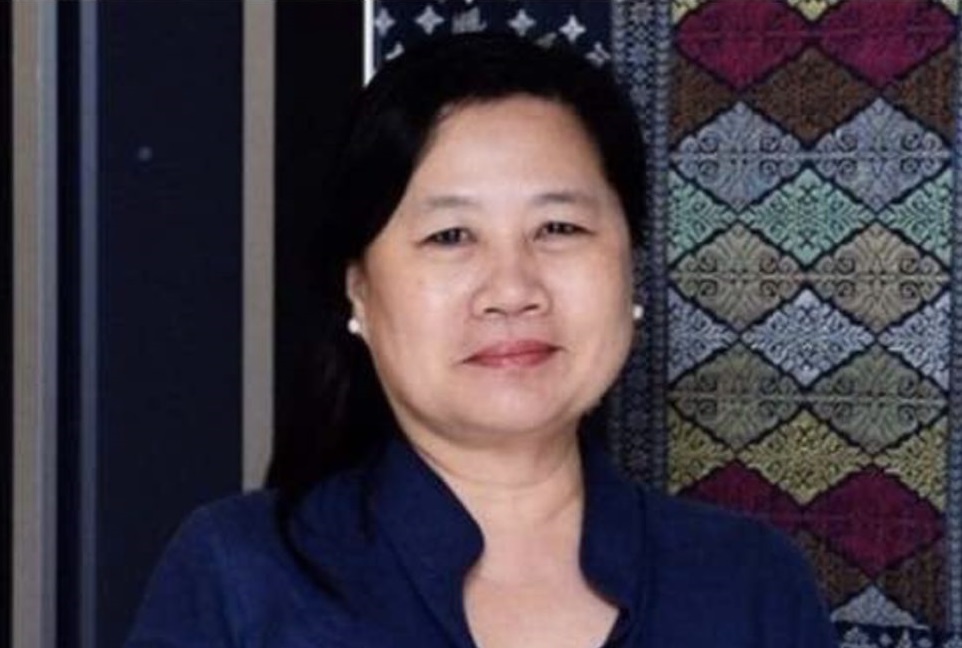
By Yuet Mee Ho-Nambiar
Recently I came across an interesting new European strategy for older persons[1]. The strategy is supported by a guarantee for older people – similar to the European Youth Guarantee and the European Child Guarantee – which serve as the tool for implementing the strategy at the EU and national levels, and which enables EU funding to be used to finance programmes that support the elderly.
This is indeed a significant step forward, especially given the prevalent negligence of the needs of the elderly by communities and institutions everywhere. In Malaysia, this is also not very different. In fact, a dear friend, Lily Fu, made the movie ‘Meniti Senja’/’The Twilight Years’[2]in 2020 on this very social issue in Malaysia.
Meniti Senja explored the alarming rise in the elderly being left to fend for themselves in aged care centres, removed from the comfort of homes they knew and children they raised, reflecting the breakdown of traditional family values in modern Malaysian society that marginalises the elderly. Recounting the stories of people who are mothers, fathers, grandparents – now slowly aging amidst strangers within the walls of a care home, this film revealed their heart -breaking stories of abuse, exploitation and abandonment.
The prevailing narrative in the media around the elderly often focuses on the burden on strained pension and healthcare systems. While it is critical to meet the specific care, resource, and health needs of the elderly, it is important not to reduce them to these needs.
Even in the face of physical limitations, older members of society contribute to their communities in a myriad of ways. Furthermore, continued physical and mental activity not only improves health and well-being, it allows the wealth of knowledge and experience that this population has accumulated over their lifetimes to be harnessed for the common good.
Some other narratives dwell on loneliness and societal isolation among the elderly. When one retires from active employment, a sense of loneliness and isolation can set in when he/she is no longer regarded as having something of worth to contribute to others. And yet, the desire to contribute meaningfully to society, to have a purpose beyond one’s own needs, does not disappear because one has reached retirement age. We need to rethink of what it means to contribute to society—beyond narrowly attributing this to remunerated employment—fundamental to appreciating the elderly.
Truth be told, many sectors including the government offer special discounts and privileges to the elderly, but surely, we can do more. We need to remember that human rights and dignity do not diminish with age. Older people should not be viewed as welfare recipients, but as citizens with the same rights to a full, non-discriminatory life as people of all ages.[3]
Thought needs to be given to how intergenerational bonds can be strengthened throughout society, beginning at the grassroots of community life. For example, how can the elderly act as a source of experience and wisdom for younger generations?
How can children and youth be of service to the elderly? How can spaces be created that foster connections between different generations? There is a need for conversations, at all levels of society, on how we and the society can do better for our warga emas.
A longer life expectancy is now a norm thanks to advances in material prosperity. A flourishing community is one which is intergenerational in nature and avoids treating elderly populations as a group separated from the rest of society. Our society would be for the better and stronger when we embrace every individual—regardless of age, and offer channels through which their innate desire to contribute meaningfully to their society can find practical expression[4].
[1] https://www.age-platform.eu/a-new-eu-strategy-for-older-persons-to-tackle-ageism-and-address-demographic-change/#:~:text=Among%20other%20suggestions%2C%20the%20EESC,European%20Year%20of%20Older%20People [2] https://freedomfilm.my/festival/film/meniti-senja-the-twilight-years-2020/[3] Dr Heidrun Mollenkopf, AGE President [4] A European strategy for the elderly: The irreplaceable role of community life, Baha’i International Community

Guided by personal ethics of ‘do more good’, Yuet Mee Ho-Nambiar has a long involvement with sustainability and community building activities. Belief in the oneness of humanity and the nobility of man underpins her interest in matters relating to unity and social cohesion of communities, while her background in a finance-related profession focuses her interest to the area of inclusive economics and development.
The views expressed here are that of the writer’s and not necessarily that of Weekly Echo’s.